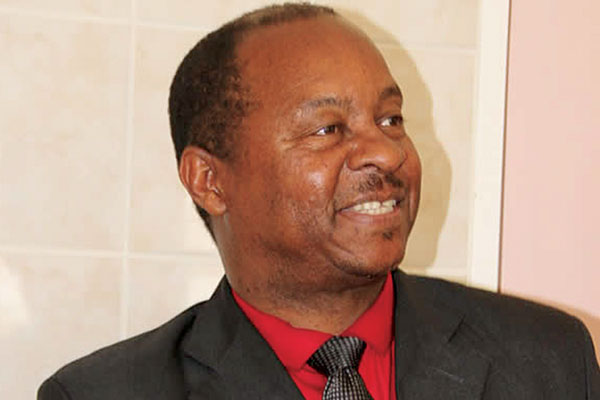
Editorial Comment
FOR the past few weeks, the whole nation has been fixated on Cyclone Idai and the trail of disaster that the weather phenomenon left in its wake. Understandably so, but this crisis further exposed the rot in public health facilities, with clear signs of total collapse if urgent measures are not instituted.
Some flood victims are still in need of healthcare and the scramble by the Health ministry to put together the required medicines was a sure sign that Zimbabwe’s health system remains in the intensive care unit. A catastrophe of the magnitude of Cyclone Idai required a functional healthcare system to fully absorb the impact.
Stakeholders have been calling on the minister to quickly facilitate a resolution to this endemic crisis by widening the participation of interested parties in the development and implementation of policies for better health.
There is also great need for the development of innovative and new approaches in the management and delivery of health services in ways which enhance access, community satisfaction and local accountability.
Severe and persistent shortages of medicines, equipment and even sundries at the country’s major hospitals are pertinent issues that should be prioritised ahead of frivolous international trips that have yielded absolutely nothing. The same efforts that are being made towards Cyclone Idai should also be channelled towards the hospitals whose plight is now commonly known by all.
For instance, Parirenyatwa Group of Hospitals’ maternal wing, Mbuya Nehanda, has gone for weeks without electricity, hugely compromising pre-term babies who need incubators. No wonder head of paediatrician department Azza Mashumba was reduced to tears while she narrated how they were failing the babies by not providing the necessary environment to give them a shot at life.
Government is failing to address the pressing needs in the health sector and yet political will is pivotal in addressing the challenges in the health system that has been in decline for over two decades, resulting in systematic decrease in the coverage of most basic services.
- Chamisa under fire over US$120K donation
- Mavhunga puts DeMbare into Chibuku quarterfinals
- Pension funds bet on Cabora Bassa oilfields
- Councils defy govt fire tender directive
Keep Reading
The untold suffering of innocent patients, who cannot afford private practice, which is now a preserve of the elite few, requires serious considerations in terms of funding these public hospitals and expanding them to cater for the multitudes of people.
That people are dying possibly from avoidable and preventable ailments is unacceptable.
Health minister Obadiah Moyo has said hospitals would be transformed into world-class institutions, but people want action, leadership and practical long-term solutions.
Assurances by government to improve availability of drugs, refurbish infrastructure and working conditions has remained just that, prompting questions about the sincerity of the authorities in their promises.
The recent protest by consultants who rarely go on strike shows that the situation in hospitals is dire and they cannot keep the problems hidden anymore. The health sector needs more funding to enable the acquisition of drugs, purchase of modern medical equipment and refurbishing the dilapidated infrastructure.
Government needs to prioritise the country’s health delivery system and allocate at least 15% of its national budget to the health sector. That health has never secured the Abuja Declaration target of 15% of the national budget to health or 5% of the country’s gross domestic product, is a clear sign of lack of political commitment in addressing problems in the sector.
If the country’s national budget cannot adequately fund health, then there is need to find other innovative health financing strategies to domestically fund this important sector.
The government should answer to questions by stakeholders on the health levy which must be used to purchase medicines and sundries for the smooth running of the country’s health sector.
But if there are no drugs, equipment and sundries in hospitals, where is the money collected under the health levy going? This fund must be used correctly, transparently and for its intended purpose.
Government needs to be reminded that it has a national obligation to ensure that its citizens have access to quality and affordable health services as guaranteed in the Constitution.











